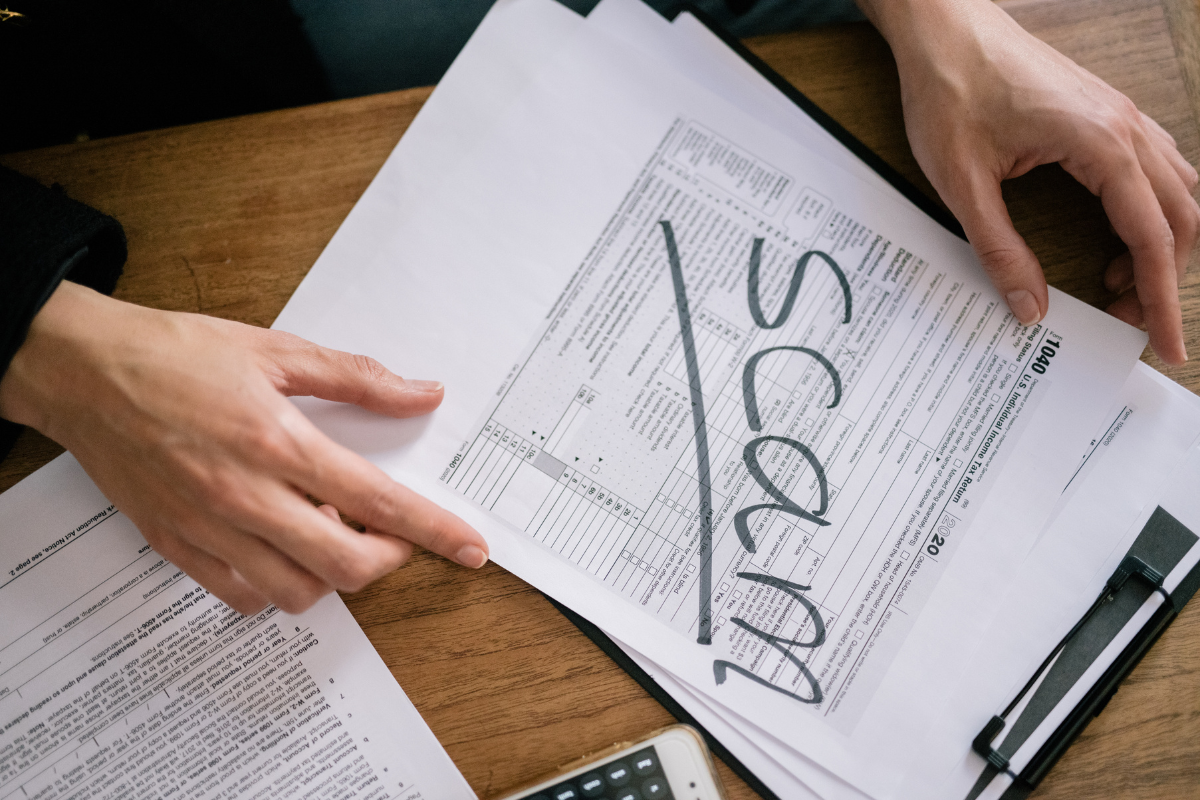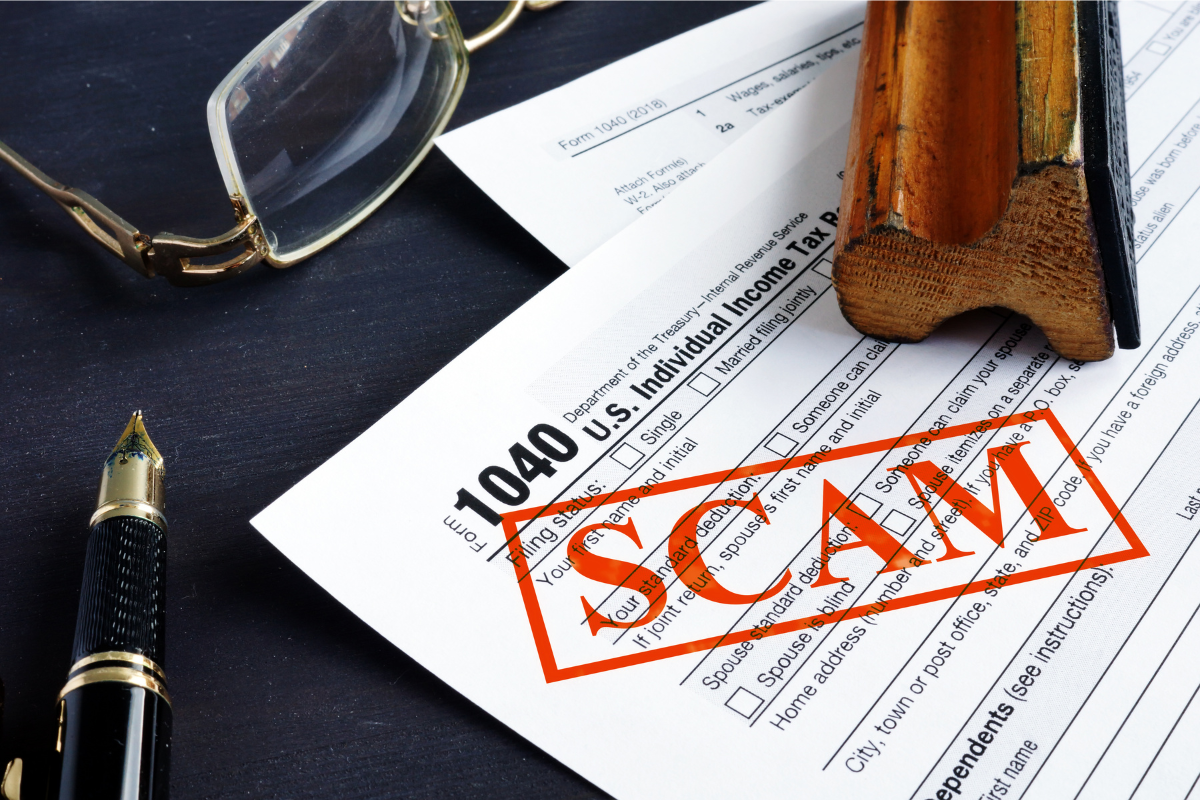If you’re planning to buy property in Phuket in 2025, whether it’s a condominium, pool villa, or land, understanding the local legal landscape is essential. Phuket remains one of Southeast Asia’s top real estate destinations, but navigating it safely means knowing how to avoid scams and deal only with qualified professionals.
Phuket is a tropical dream for many, boasting pristine beaches, lively markets, and a buzzing real estate scene. From retirees looking for their forever home to savvy investors seeking prime properties, this island has become a hotbed for property investments. However, where opportunity thrives, so do risks. Scammers prey on unsuspecting buyers and renters alike, often leading to financial losses or legal troubles.
The good news? With the proper knowledge and a cautious approach, you can avoid common property scams and safely secure your dream property in Phuket. This guide dives deep into the prevalent scams in the island’s property market and outlines actionable steps to keep your investment secure.
Common Property Scams in Phuket
When it comes to real estate fraud, scammers in Phuket can employ various tactics. Here are the most common property scams to be aware of:
1. Fake Land Titles
One of the most notorious scams in Phuket’s property market involves forged or falsified land ownership documents. Scammers often sell non-existent land or illegally sell the same piece of land to multiple buyers.
Example: Imagine buying a large beachfront property. The title deed looks legitimate, but months later, the Land Department notifies you that the land belongs to someone else, leaving you with significant financial losses.
Prevention Tip: Verify the authenticity of land titles at Thailand’s Land Department and hire experienced lawyers to scrutinize the documents. Scammers typically rely on buyers skipping due diligence, so ensure you take this step seriously.
2. Off-Plan Property Scams

Investing in off-plan properties, meaning properties still under construction or in planning stages, is high risk. Some developers abandon the project midway, deliver subpar construction quality, or disappear with your money entirely.
Example: You invest in a luxurious off-plan condo advertised with impressive 3D renderings, only to find the developers disappeared shortly after signing the contract, leaving behind an incomplete building site.
Prevention Tip: Research the developer’s track record thoroughly. Stick to well-established, reputable developers with years of experience and multiple completed projects. Demand proof of legal approvals and visit ongoing projects for updates.
Phuket offers incredible opportunities for foreign buyers, but only when approached with the right advice. From luxury sea view villas to investment condos with strong rental returns, the safest properties are always found through licensed, transparent agencies that work with reputable developers and legal teams.
3. Illegal Nominee Structures
Thai law dictates that foreigners cannot own land in Thailand outright. Some scammers exploit this restriction by offering loopholes, such as using a Thai nominee to hold the land title. This practice is illegal and can result in lost investments if the nominee legally claims ownership or authorities intervene.
Example: A foreign buyer trusts a Thai nominee to legally manage land paperwork. Years later, the nominee claims full ownership, arguing that the property legally belongs solely to them.
Prevention Tip: Avoid nominee schemes at all costs. Consider legal alternatives like leasehold agreements or establishing legitimate business structures to handle land ownership. Always consult a qualified lawyer specialized in Thai property laws to ensure compliance.
4. Fake Property Listings
Scammers often lure buyers and renters with fake listings of luxurious properties at unreasonably low prices. Once you show interest, they pressure you for upfront payments before disappearing.
Example: You’re drawn to a waterfront villa featured online for half its market rate. After transferring a deposit to hold the “deal,” the scammer ceases all communication, and you discover the property doesn’t exist.
Prevention Tip: Cross-reference listings from trusted real estate agencies and request live virtual tours or personal inspections. Never transfer money without verifying the property’s existence and ownership.
5. Contract Manipulation and Rental Scams
Some sellers or landlords manipulate contracts to include unfavorable terms or demand exorbitant upfront payments without fulfilling their end of the agreement.
Example: A landlord asks for six months of rent in advance, but once you’ve paid, they disappear with your money, leaving the property unavailable to you.
Prevention Tip: Always have contracts reviewed by a reliable lawyer before signing. Legitimate property rentals usually require reasonable deposits of no more than two to three months’ rent.
What to Do If You’ve Been Scammed in Phuket
Even with the best precautions, scams can still happen, especially in unfamiliar legal environments. If you’ve fallen victim to a property scam in Phuket, acting quickly and strategically can help minimize financial loss and increase your chances of recovering assets or taking legal action.
- Report to the Local Police and Tourist Police
File a detailed report at your nearest police station. If you’re a foreigner, the Tourist Police Division (1155) may offer additional language support and can help coordinate with other agencies. - Contact a Thai Property Lawyer Immediately
A qualified local lawyer can assess your situation and advise whether civil or criminal action is appropriate. They can also help freeze transactions, file claims in court, or initiate negotiations with involved parties. - Notify the Land Department
If the scam involved falsified land documents, immediately notify the local Land Office. They may be able to invalidate fraudulent transactions or halt title transfers before further damage is done. - Inform the Embassy or Consulate
Your home country’s embassy or consulate may not intervene directly, but can provide legal resources, translation services, or a list of recommended legal advisors. - Publicly Review or Report the Scam
Warn others by posting honest reviews online or reporting fraudulent agents to the Real Estate Broker Association of Thailand (REBA). This helps build pressure on scammers and protects other investors. - Understand the Likelihood of Recovery
Unfortunately, recovery in Thailand can be slow and complicated. Be mentally prepared for long legal processes and uncertain outcomes, especially in cases involving fake companies or offshore scammers.

A Smarter, Safer Way to Invest in Phuket Property
Investing in Phuket’s real estate market can be immensely rewarding, but only if approached with care. Scammers often target investors unfamiliar with Thai real estate regulations and market nuances. By staying informed and following diligent practices, you can steer clear of fraud and enjoy the perks of owning property in this tropical paradise.
Whether you’re a first-time buyer, seasoned investor, or seeking a dream home for retirement, don’t leave anything to chance. Engage trusted professionals, research thoroughly, and proceed with caution.
Are you ready to responsibly invest in Phuket property? Reach out to Thai Residential and our expert team today for trusted guidance through Thailand’s dynamic and vibrant real estate market.
How to Buy Property Safely in Phuket in 2025
Buying property in Phuket can be one of the most rewarding decisions of your life — but only if it’s done correctly. Whether you’re investing in a sea view villa, a condominium near the beach, or land for future development, it’s crucial to work with a fully licensed, reputable agency that understands the local laws and protects your interests.
At Thai Residential, we’ve helped hundreds of foreign buyers safely navigate the Phuket property market with complete peace of mind. We know the red flags, the loopholes, and — most importantly — how to avoid common traps that others fall into.
Work With Phuket’s Most Trusted Property Experts
Avoiding scams starts with choosing the right partner. With over 25 years of experience in Phuket real estate, we provide honest advice, legal clarity, and access to the island’s most secure and transparent listings — from luxury condos to high-yield villas and freehold properties.
Get in Touch | Call Now On: +66 9484 11918





Social Contact